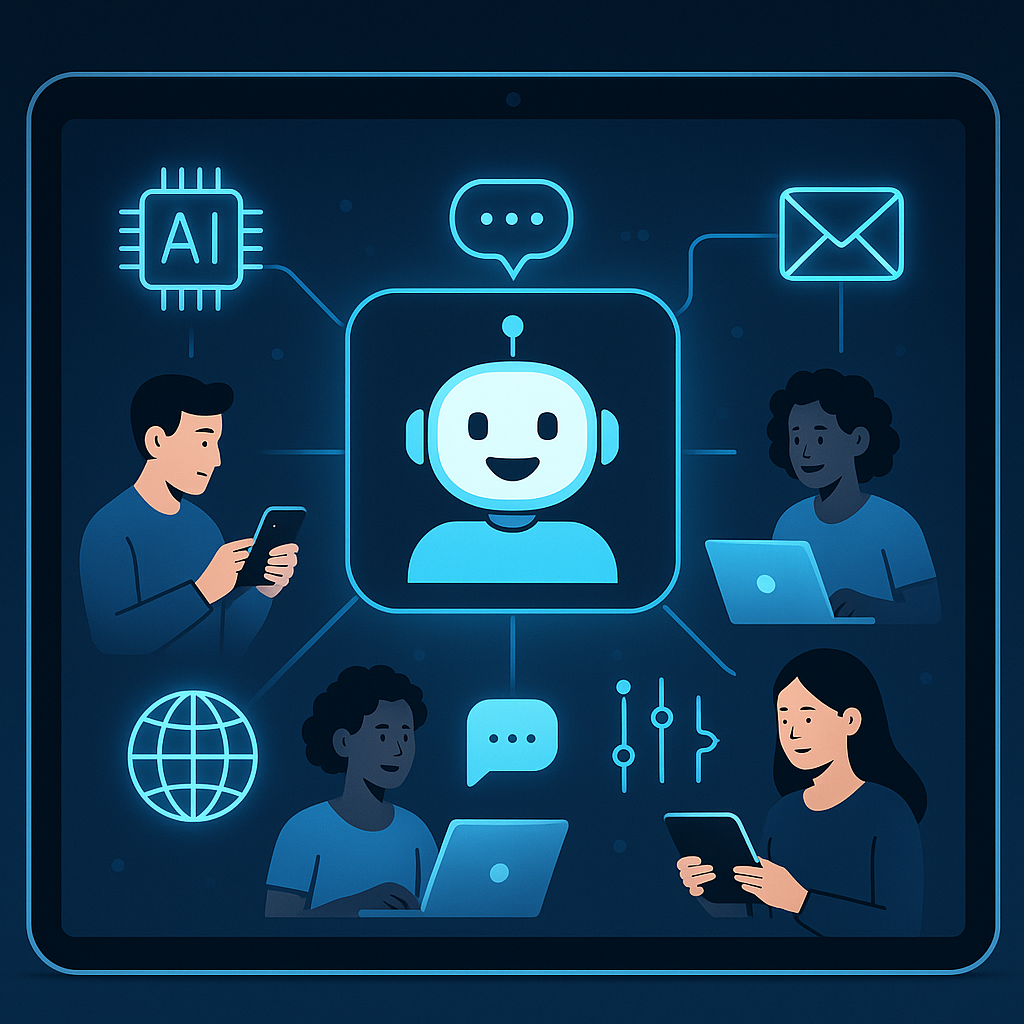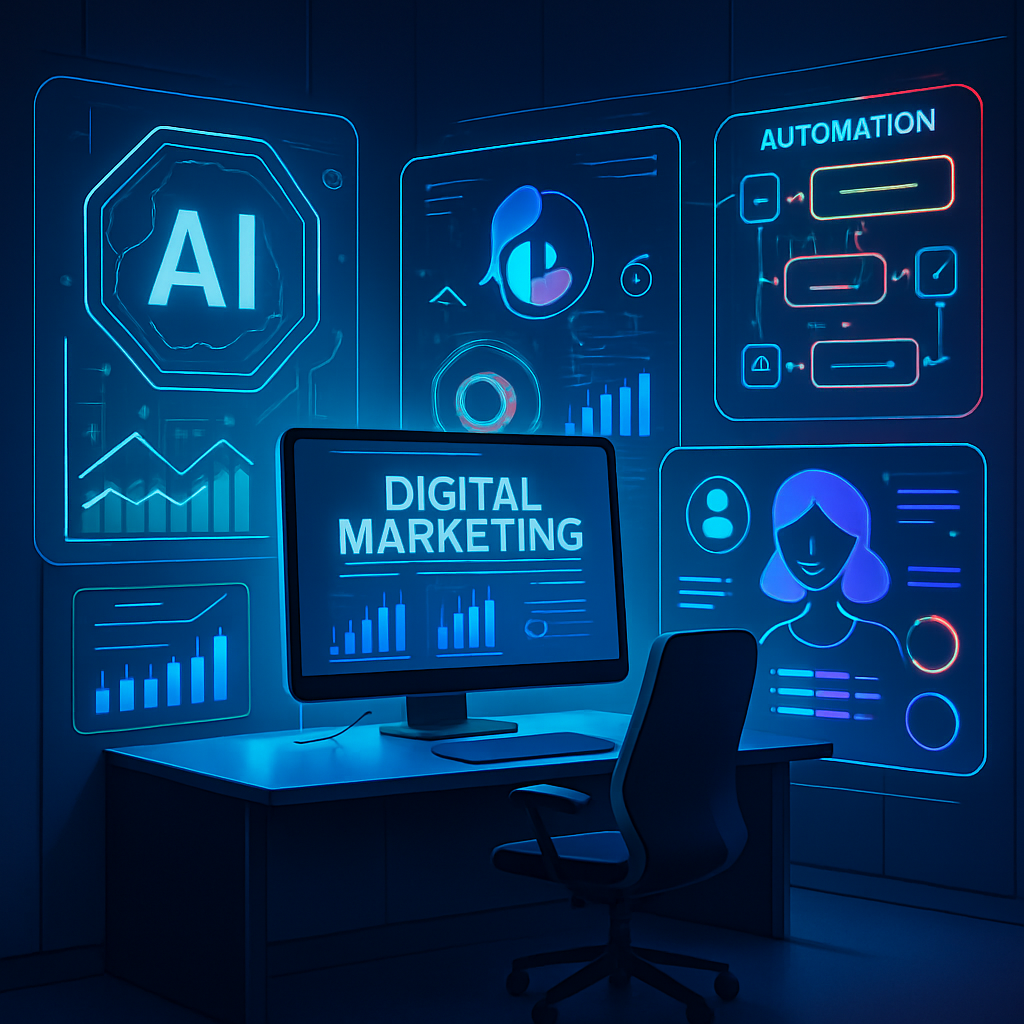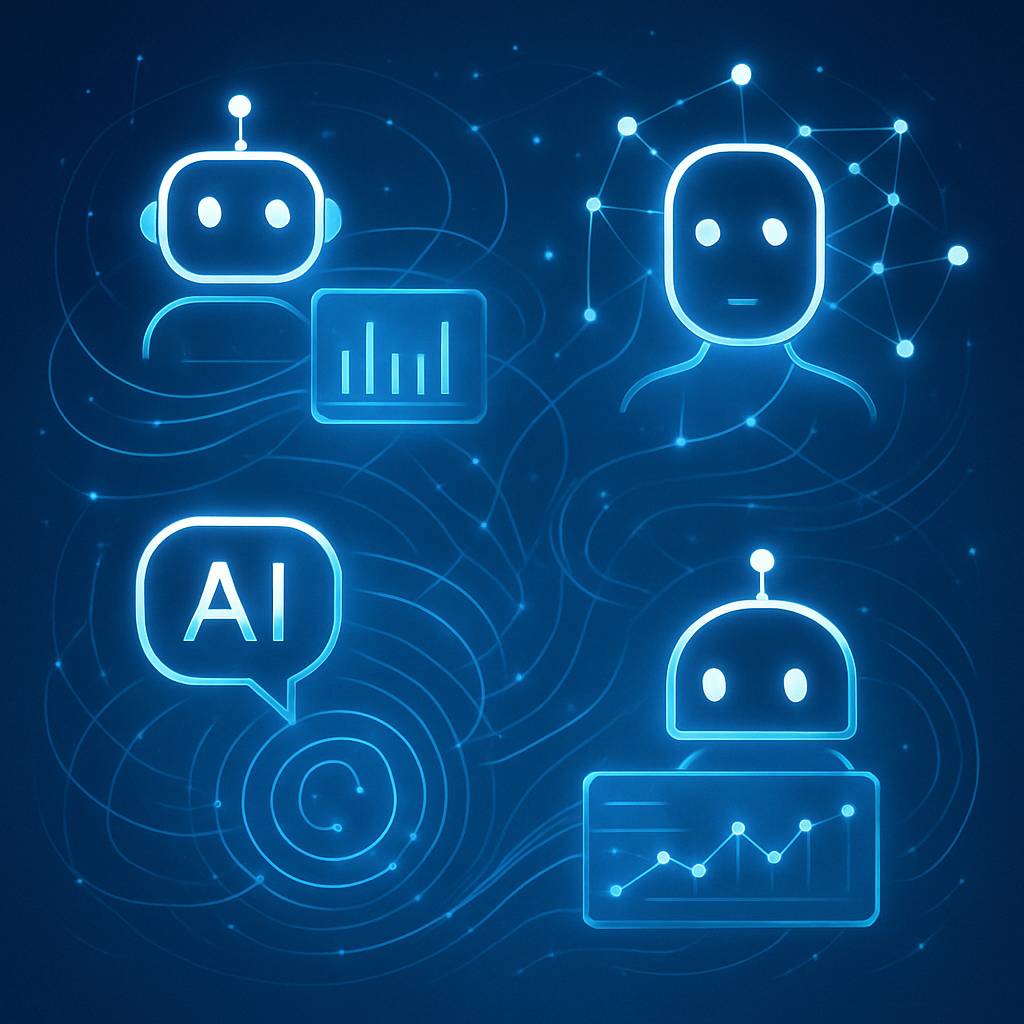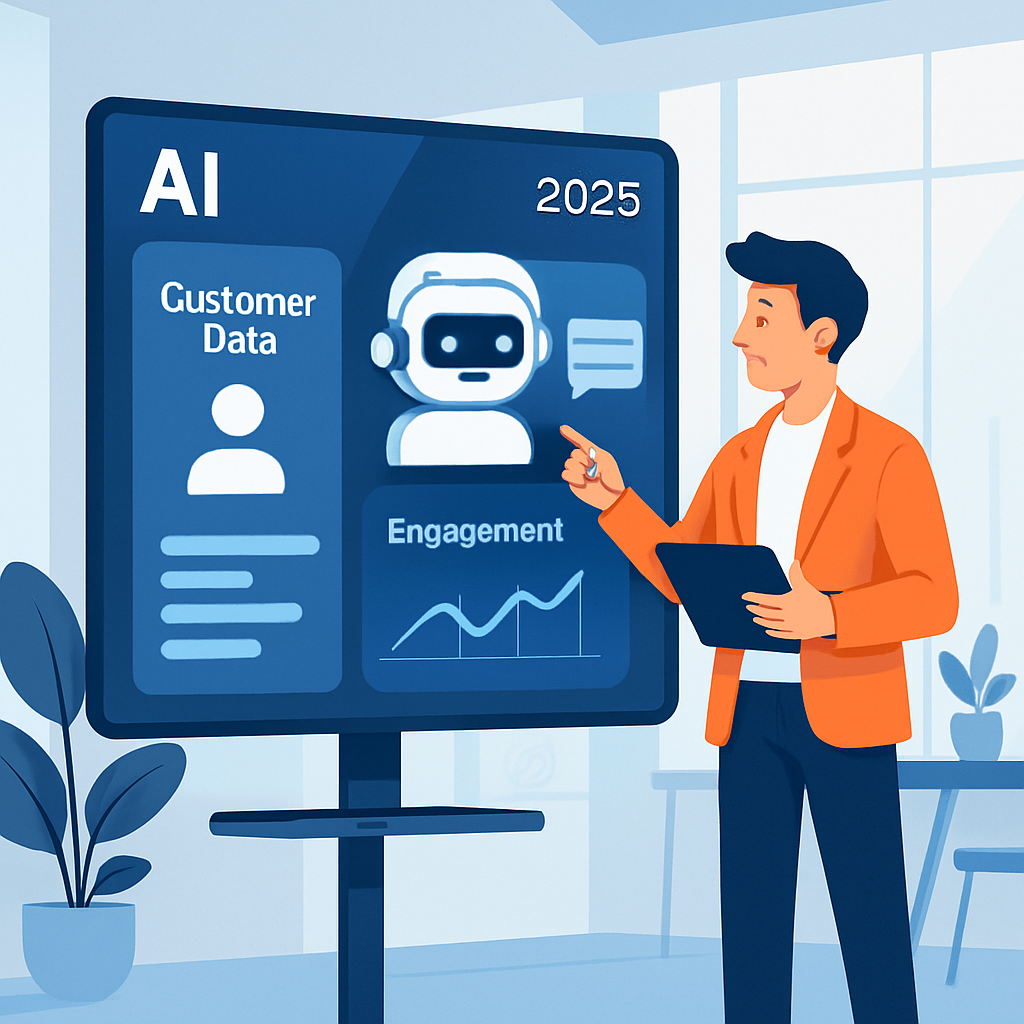
Revolutionizing Support with AI-Driven Customer Service Software
Introduction
In the fast-paced business landscape of 2025, the expectations for customer service have evolved dramatically. Clients demand immediate, precise, and personalized support, pushing companies to rethink how they manage client interactions. Artificial Intelligence (AI) has emerged as a game-changer, powering advanced customer service system software that not only meets but exceeds these expectations. This article explores the transformative impact of AI-driven customer service system software on client satisfaction and operational efficiency.
The Evolution of Customer Service Systems
Traditionally, customer service involved long wait times, limited support hours, and generic responses. With digital transformation, early automated systems attempted to provide 24/7 support but often lacked the nuance to address complex queries effectively. Enter AI-driven customer service software—equipped with machine learning, natural language processing, and advanced analytics—these systems deliver context-aware, intuitive interactions that create seamless support experiences.
Key Features of AI-Driven Customer Service System Software
1. Intelligent Virtual Assistants
Modern AI chatbots understand the subtleties of human language, recognizing intent and sentiment to provide accurate responses. Unlike earlier chatbots, they can handle multi-turn conversations, escalating to human agents only when necessary, ensuring efficiency and reducing customer frustration.
2. Predictive Customer Insights
AI-powered systems analyze customer behavior, preferences, and historical interactions to anticipate needs. For example, a telecom provider’s AI system might proactively notify customers of service disruptions and offer tailored solutions before complaints arise.
3. Omnichannel Integration
Customers now interact across multiple platforms—social media, email, mobile apps, and websites. AI-driven customer service software consolidates these channels, providing consistent, context-rich support regardless of how customers choose to connect.
4. Automated Workflow Optimization
Internally, AI systems streamline operations by automating routine tasks such as ticket categorization, prioritization, and follow-ups. This enables human agents to focus on complex issues, boosting overall productivity.
Real-World Impact on Client Satisfaction
The implementation of AI-driven customer service software has led to measurable improvements in client satisfaction worldwide. For instance, a global online retailer reduced customer wait times by 50% through AI chatbots that provide instant answers to common inquiries, raising their Net Promoter Score substantially.
Moreover, personalization driven by AI creates a sense of empathy and attentiveness. Clients feel recognized and valued when systems remember past interactions and preferences, fostering stronger brand loyalty.
Operational Efficiencies Delivered by AI Systems
From a business perspective, AI customer service systems represent significant cost savings and enhanced resource allocation. Automated response systems can handle high volumes of requests during peak periods without scaling human teams linearly.
Furthermore, AI analytics provide management with detailed insights into customer pain points and agent performance, enabling continuous service improvements. This data-driven approach helps companies pivot strategies rapidly in response to emerging trends.
Challenges and Ethical Considerations
While AI-driven customer service systems offer numerous advantages, they also present challenges. Ensuring unbiased responses, safeguarding data privacy, and maintaining transparency about AI-driven interactions remain critical. Companies must balance automation with human oversight to preserve trust.
Future Outlook: AI’s Continued Role in Support Evolution
Looking ahead, AI customer service solutions will become even more sophisticated, incorporating emotional AI to detect moods and tailor responses sensitively. Integration with augmented reality and Internet of Things (IoT) devices may offer immersive support experiences, such as visual troubleshooting overlays for hardware products.
As AI technologies evolve, the synergy between human empathy and machine intelligence promises a new era of unparalleled client service quality and operational excellence.
Conclusion
AI-driven customer service system software is revolutionizing how businesses support their clients by delivering personalized, efficient, and proactive experiences. The fusion of intelligent virtual assistants, predictive analytics, and process automation creates a transformative impact that boosts customer satisfaction and streamlines operations. Embracing these technological advancements strategically will continue to define successful customer service models well beyond 2025.







